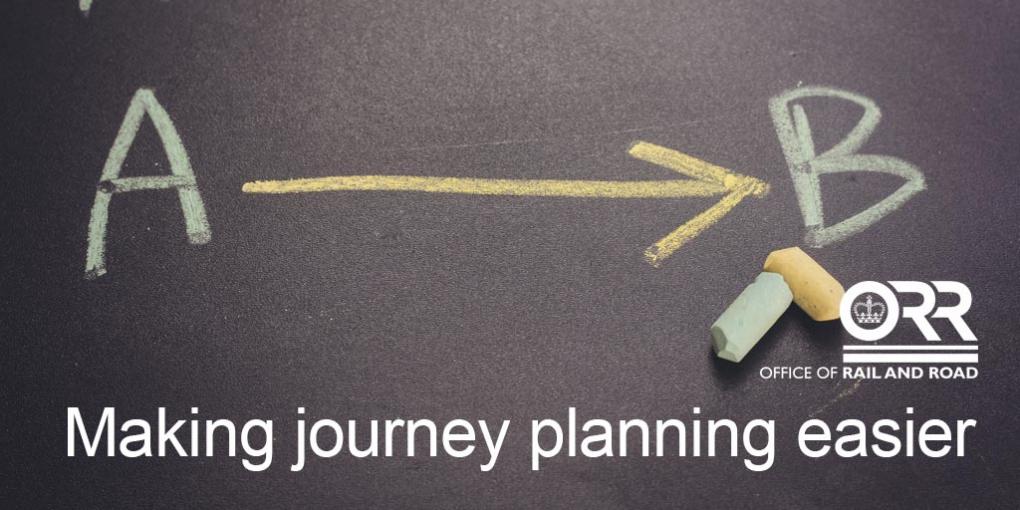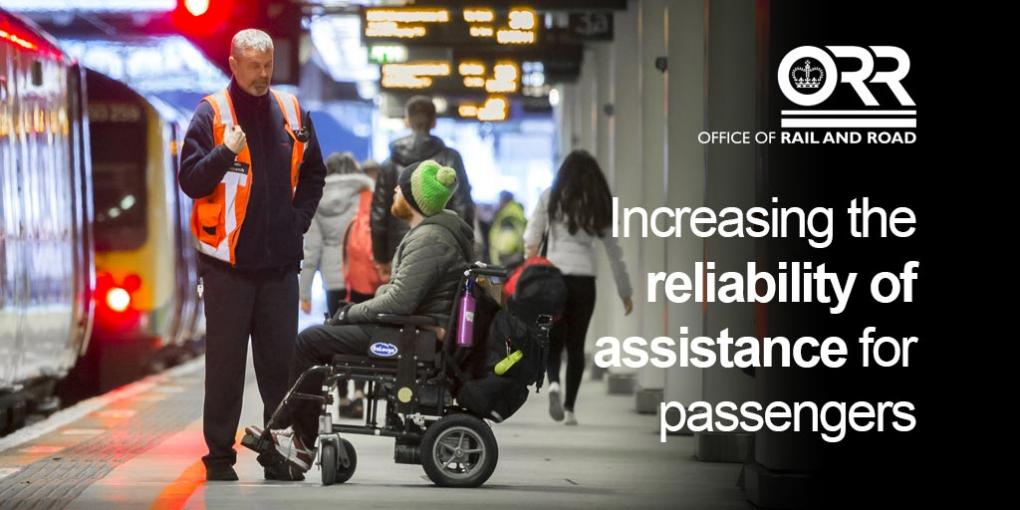People need trains. Whether they are going to work, visiting friends, enjoying a day by the seaside or taking in a show, every passenger deserves to travel with confidence and dignity.
That is why Assisted Travel is vital for older and disabled people who may need help to complete their journey. At ORR, we are responsible for ensuring train and station operators, including Network Rail, meet their obligations to provide this assistance.
What rail passengers are entitled to is simple: to be able to easily request assistance, knowing it will be provided reliably, effectively and consistently by staff with the right training and skill – regardless of which train they are catching and where they are going.
Accessible Travel Policies based on experience
Over the past two years we have looked closely at how the assisted travel service is working and how it can be improved. We also studied the previous guidance for train and station operators on how to write 'Disabled People's Protection Policies', published in 2009. A lot has changed since then - within the rail industry and in wider society – and that is why the guidance needed updating to be more in line with what passengers expect.
So two public consultations, and numerous meetings and discussions with interested and affected people and organisations later, we have just published revised guidance. Now train and station operators must replace their old policies with revised Accessible Travel Policies, which they must submit to us for approval by the end of 2019.
The guidance contains new and revised requirements, to be implemented over the course of the next two years. This will mean:
- passengers know more about the accessibility of the rail network to help plan their journeys
- passengers understand the assistance that is available to them and how to get it
- assisted travel is delivered more consistently and reliably
- when things do not go as planned they have recourse to redress
- passengers can request assistance on the day they travel
- staff are better trained to be aware of disabled people’s needs and how to help them, and
- disabled people are involved in the development of polices that affect them.
What next?
Publication of the revised guidance, and development of the revised Accessible Travel Policies is just the start of our work to make rail more accessible. Over the next few years we will keep tabs on operators as they deliver their new commitments. And in our response to the Williams Rail Review, we recommended wider changes to ensure accessibility is embedded in decisions taken about the future of Britain’s railways.
Please drop us a line if you would like to know more at ATP@orr.gov.uk.



